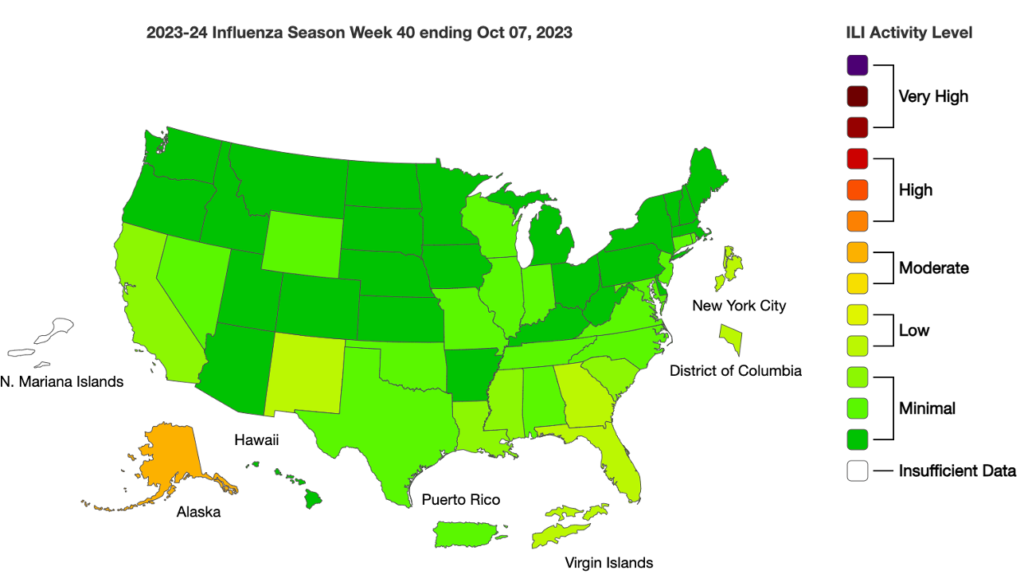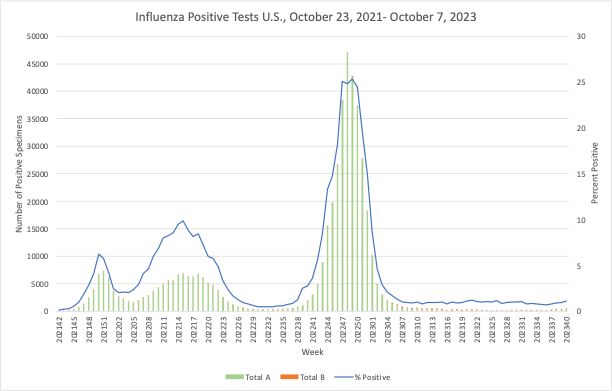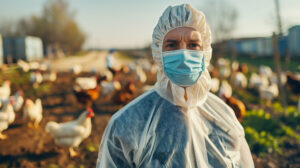The pathogen Streptococcus suis (S. suis) that causes infections in pigs is increasingly being seen in humans in some parts of the world. The infection is acquired through exposure to contaminated pigs, carcasses, or pig meat and organs, so occurs most frequently in farm and slaughterhouse workers, as well as veterinarians. But cases also can occur in those who consume raw pork products.
A predominance of S. suis cases have occurred in Southeast Asia, where there is a high density of pigs, with as many as 436 cases reported in Thailand this year (through Sept. 25), and 9 people dying from the infection. In a cross-sectional study, live pigs from 111 farms across Chiang Mai, Thailand were sampled to determine prevalence of S. suis, with results showing 18.2% (138/760) of tonsil swab samples and 54.1% (60/111) of pig farms to be positive.
The lower prevalence rates found in Europe and North America may be due to less virulent strains or underdiagnosis or misdiagnosis along with the good hygiene conditions and prevention strategies conducted during pork processing operations (e.g., wearing gloves). However, more study and research is needed to ensure understanding and enable more effective response to the occurrence of S. suis infections, especially in southeast Asia.
Although cases do most often occur in those working with pigs, travelers should be aware that dietary habits in some countries may pose a risk for infectious diseases, including S. suis infection. Infections can typically be successfully treated with antibiotics, but prompt medical attention is needed.
COVID Risk Matrix:

Influenza:


Infectious Disease News:
- The Japanese Ministry of Health, Labor and Welfare on October 6, in the week ending October 1, reported a total of 47,346 cases of influenza. A total of 52 cases of influenza were reported during the same period last year.
- Measles cases have been reported in 11 districts and cities within the Chelyabinsk region of Russia. Although widely recommended, vaccines are being refused at significant rates.
- A group of researchers developed a next-generation intranasal measles-mumps-SARS-CoV-2 spike (S) protein (MMS) vaccine that offers broad, durable protection against major SARS-CoV-2 variants (including the Delta and Omicron BA.1 variants), leveraging the proven safety of the measles-mumps-rubella (MMR) vaccine platform. The vaccine was observed to produce strong systemic and lung-specific immune responses.
- The director of Thailand’s Nakhon Ratchasima Disease Prevention and Control Office reported that from January 1 to September 25, 2023, as many as 436 cases of Streptococcus suis were found in Thailand. 9 people died. Illnesses are associated with eating raw pork and pork products.
- TB cases in London are at a 6 year high. The UK Health Security Agency reported that 471 tuberculosis (TB) infections were reported in the capital between April and June 2023.
- Chad has reported its first dengue outbreak, according to WHO. The country’s health ministry declared an outbreak on August 15, and so far, 1,342 suspected cases have been reported, 41 of them lab confirmed. Chad’s last mosquito-borne illness outbreak occurred in 2020.





